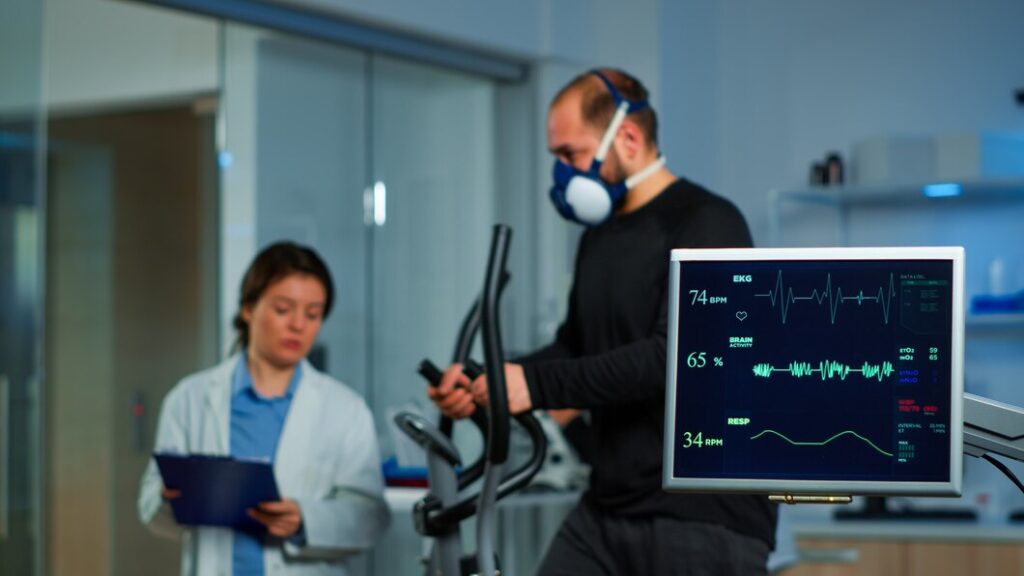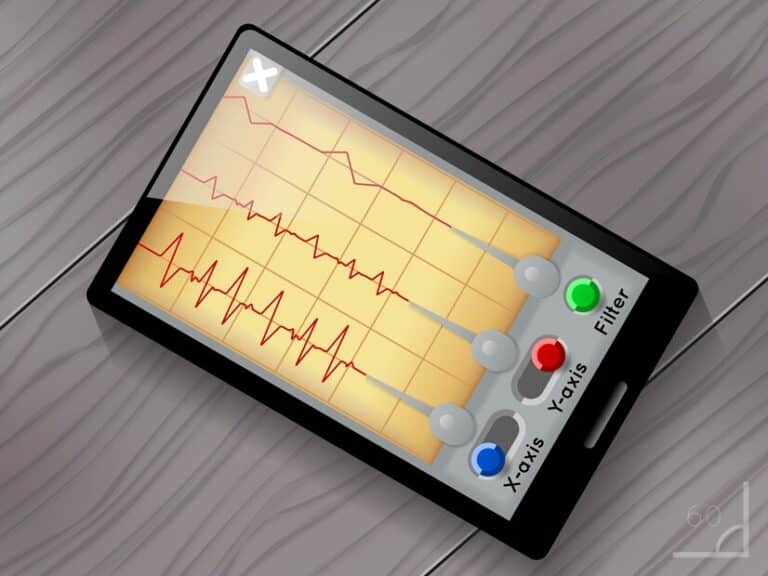As the world grapples with the increasing prevalence of cardiovascular diseases (CVDs), innovative technologies are stepping up to revolutionize cardiac care. Among these advancements, AI-powered cardiac monitoring systems are gaining significant traction, offering real-time insights and proactive management of heart health. This article explores how these systems are transforming cardiac monitoring, enhancing patient outcomes, and reshaping the future of healthcare.
The Rise of AI in Cardiac Monitoring

Artificial intelligence (AI) has made remarkable strides in various fields, and healthcare is no exception. In cardiac monitoring, AI algorithms analyze vast amounts of data collected from wearable devices, mobile applications, and digital stethoscopes. These technologies enable continuous tracking of vital cardiac parameters, allowing for early detection of abnormalities and timely interventions.
Key Features of AI-Powered Cardiac Monitoring Systems
- Real-Time Data Analysis: AI-powered systems continuously monitor patients’ heart rhythms and other vital signs, providing healthcare professionals with real-time data. This capability allows for immediate identification of irregularities such as arrhythmias or bradyarrhythmias, facilitating prompt medical responses.
- Predictive Analytics: Advanced machine learning algorithms can predict potential cardiac events by analyzing patterns in the data collected over time. This predictive capability empowers healthcare providers to intervene before a critical situation arises, significantly improving patient safety.
- User-Friendly Wearable Devices: Wearable technologies like the Mintti Heartbook and InfoBionic’s MoMe ARC® are designed for ease of use, enabling patients to monitor their heart health from the comfort of their homes. These devices often feature intuitive interfaces and long battery life, making them practical for everyday use.
- Enhanced Diagnostic Accuracy: AI algorithms can sift through complex data sets to identify subtle changes that might go unnoticed by traditional monitoring methods. This enhanced diagnostic accuracy leads to better-informed treatment decisions and improved patient outcomes.
- Remote Patient Monitoring: AI-powered cardiac monitoring systems facilitate remote health monitoring, allowing patients to maintain their routines while staying connected to their healthcare providers. This approach reduces the need for frequent hospital visits and alleviates the burden on healthcare facilities.
- Integration with Telehealth Services: The rise of telehealth has been accelerated by AI technologies in cardiac monitoring. Patients can share their real-time data with healthcare providers during virtual consultations, leading to more personalized care plans tailored to individual needs.
Success Stories in AI-Powered Cardiac Monitoring
Numerous studies have demonstrated the effectiveness of AI-powered cardiac monitoring systems in improving patient outcomes. For instance, Philips’ MCOT (Mobile Cardiac Outpatient Telemetry) system has shown that timely interventions based on real-time data can significantly reduce hospital readmissions for patients with heart conditions. Similarly, research indicates that wearable devices equipped with AI can detect atrial fibrillation with high accuracy, enabling early treatment that can prevent complications such as stroke.
Conclusion
AI-powered cardiac monitoring systems represent a significant advancement in managing cardiovascular health. By providing real-time data analysis, predictive analytics, and user-friendly interfaces, these technologies empower both patients and healthcare providers to take proactive steps in managing heart conditions. As the adoption of these innovative solutions continues to grow, we can expect improved patient outcomes and a more efficient healthcare system focused on prevention and personalized care.
FAQs
- What are AI-powered cardiac monitoring systems?
These systems utilize artificial intelligence to analyze real-time data from wearable devices and other sources to monitor heart health continuously. - How do these systems improve patient outcomes?
By providing real-time insights and predictive analytics, they enable early detection of abnormalities and timely interventions, reducing complications. - What types of devices are used in AI cardiac monitoring?
Common devices include wearable monitors like smartwatches, portable ECG monitors like Mintti Heartbook, and digital stethoscopes equipped with AI analysis capabilities. - Can patients use these systems at home?
Yes! Many AI-powered cardiac monitoring devices are designed for home use, allowing patients to monitor their heart health conveniently without frequent hospital visits. - How does AI enhance diagnostic accuracy?
AI algorithms analyze complex data patterns that may be missed by traditional methods, leading to more accurate diagnoses and better-informed treatment decisions. - Is remote monitoring effective for managing heart conditions?
Yes! Remote monitoring allows for continuous tracking of patients’ heart health, enabling healthcare providers to intervene promptly when necessary.

